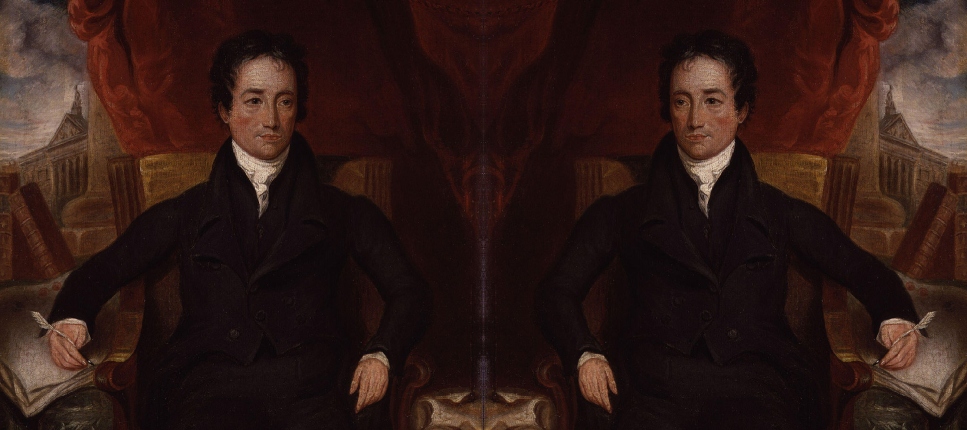Lit Hub Daily: February 10, 2023
THE BEST OF THE LITERARY INTERNET

-
Nikole Hannah-Jones on opposition to the 1619 Project and teaching slavery in schools: “What these bills make clear is that the fights over the 1619 Project, like most fights over history, at their essence are about power.” | Lit Hub History
Article continues after advertisement -
Laline Paull on channeling a dolphin’s narrative voice—and the pain of investigating what humans are doing to the ocean. | Lit Hub Nature
-
Jessica Gaitán Johannesson muses on the Birth Strike movement and (not) bringing children into a world in crisis. | Lit Hub Climate Change
-
12 books that make sense of quantum reality. | Lit Hub Reading Lists
-
Is M. Night Shyamalan’s (more conventional) adaptation of Paul Tremblay’s The Cabin at the End of the World… better? | Lit Hub Film & TV
Article continues after advertisement -
What José Olivarez is reading now and next, from Inventing Latinos to Black Women Writers at Work. | Lit Hub Annotated Nightstand
-
Andrea Long Chu considers HBO’s The Last of Us, and what it looks like for TV to adapt a video game “by taking its story and swallowing it whole.” | Vulture
-
Writing is an ethical act, says Jonathan Malesic—which is one thing ChatGPT can’t teach students. | The Atlantic
-
When Winnie-the-Pooh entered the public domain, horror followed. | The New York Times
-
Victoria Lessard considers the legacy of “the clinch”—the iconic romance cover designs that “play into the public’s idea of the books selling sexuality as uncontrollable desire.” | Hazlitt
Article continues after advertisement -
Heather O’Neill writes that getting canceled is the newest nightmare of horror films. | Catapult
-
“They are itinerary and raw thought, both meditative and marginal.” Erdağ Göknar on Orhan Pamuk’s writing notebooks. | LARB
Also on Lit Hub: Helen Sword on the physicality of language • New poetry by Mahogany L. Browne • Read from Tim Blake Nelson’s debut novel, City of Blows



















